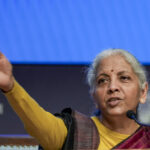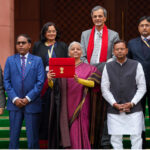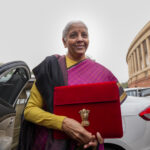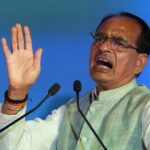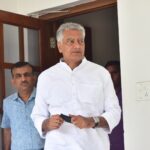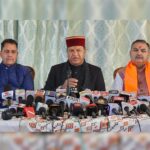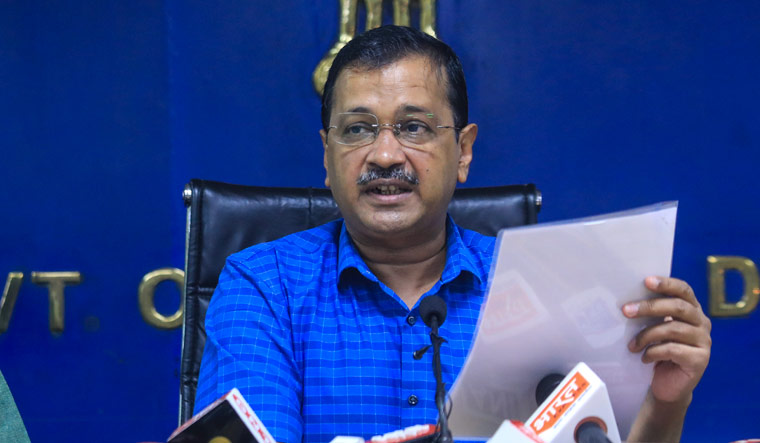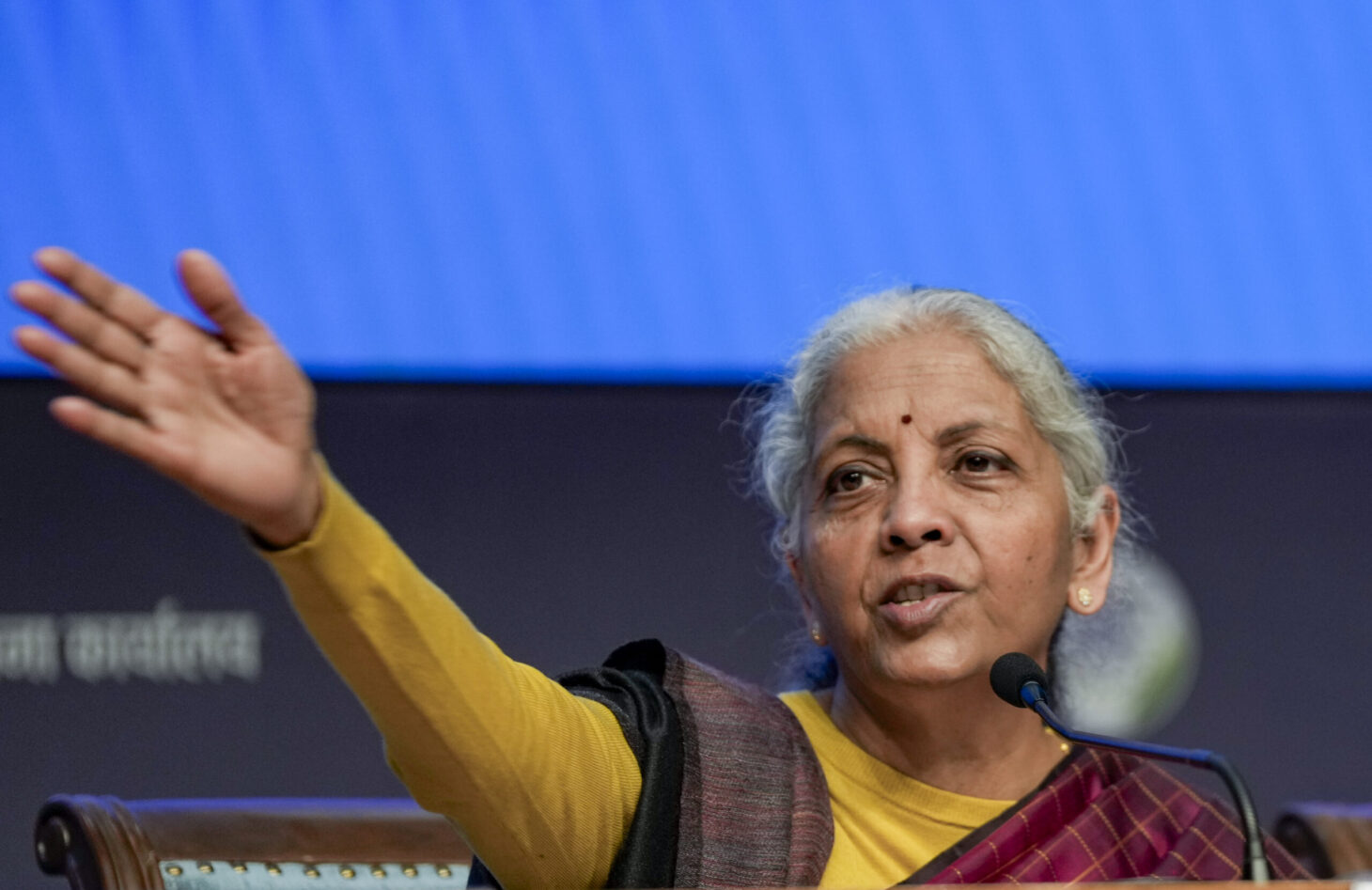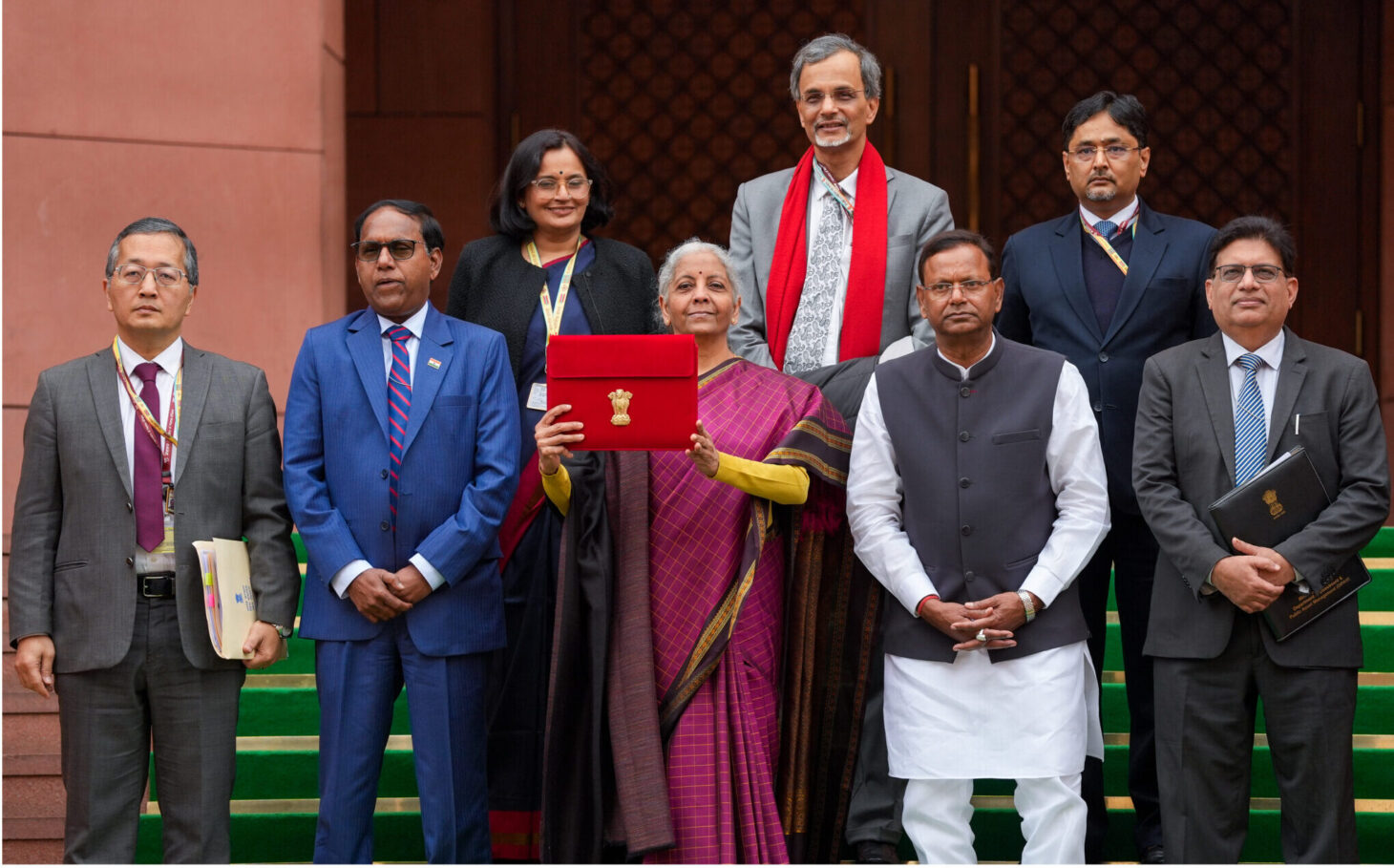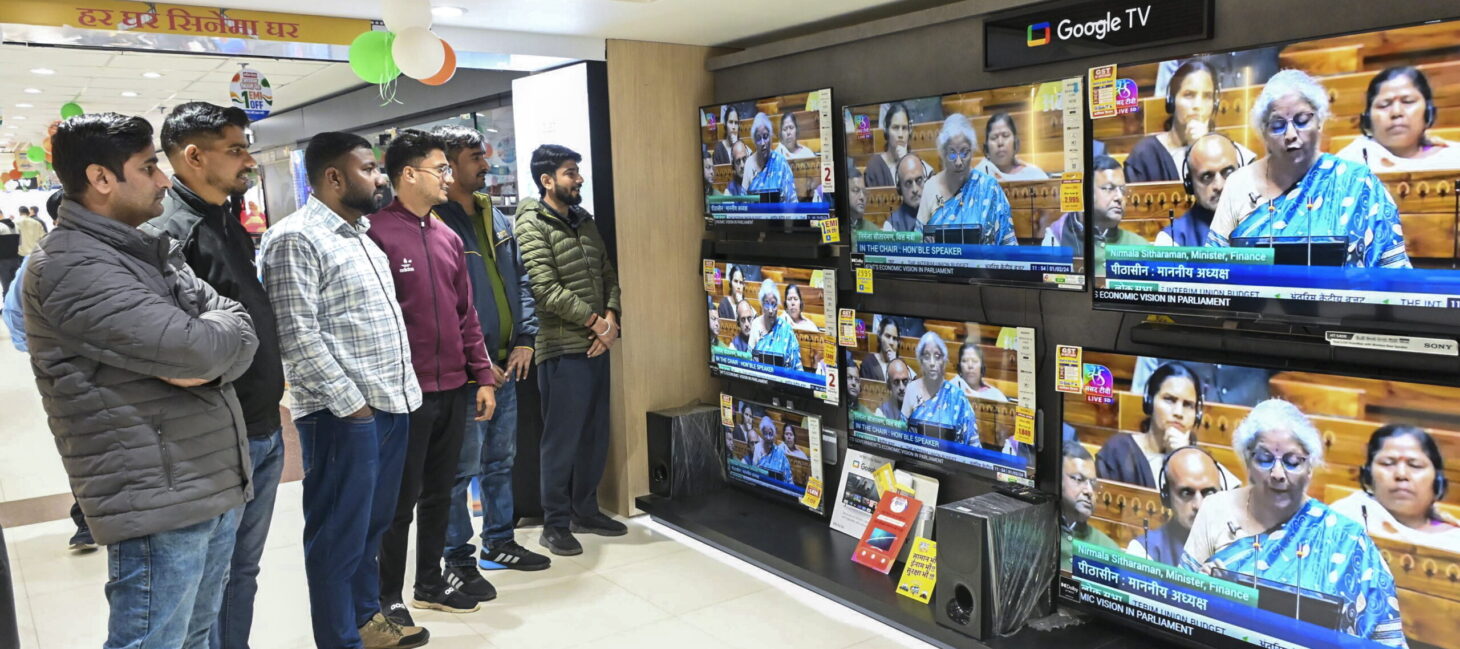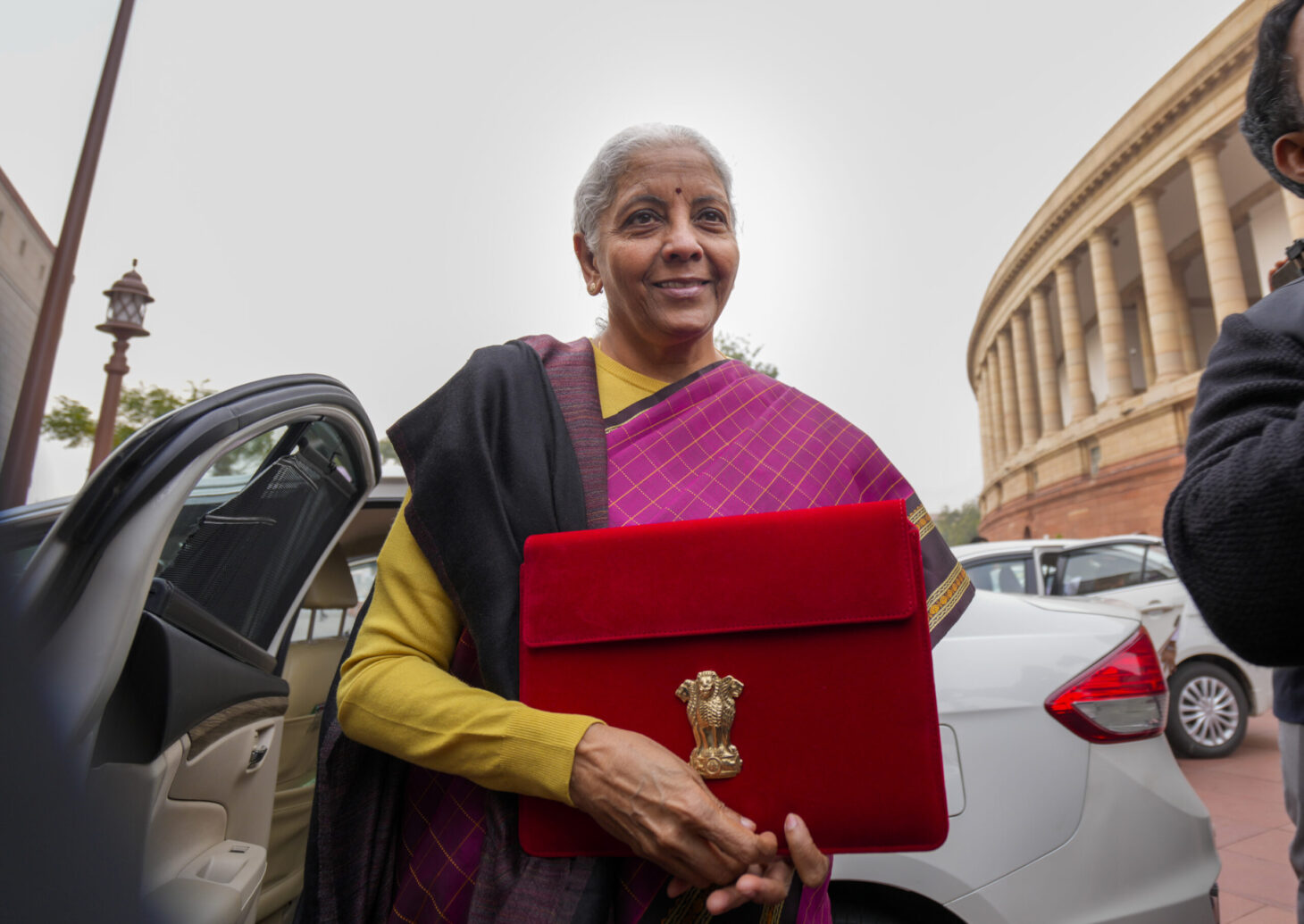The North News
Chandigarh, February 11
After suffering a significant defeat in the Delhi elections, Aam Aadmi Party (AAP) chief Arvind Kejriwal has drawn criticism for his handling of Punjab’s leadership. Kejriwal, who lost both his seat and his party’s foothold in the capital, convened a meeting of Punjab Chief Minister Bhagwant Mann, Cabinet ministers, MLAs, and MPs in Delhi, raising concerns about his growing influence over Punjab’s governance. Opposition leaders and political observers argue that the meeting, held at Kapurthala House in New Delhi, should have taken place in Punjab, allowing state ministers to focus on governance rather than traveling at taxpayers’ expense. The decision has fuelled accusations that AAP is increasingly adopting the trappings of VVIP culture and that Kejriwal’s centralised control is undermining Mann’s credibility as Punjab’s leader.
As political uncertainty looms, Mann faces the challenge of asserting his authority within the party while battling opposition claims that Punjab’s government is being run from Delhi. With growing speculation over a mid-term crisis, the future of AAP in Punjab appears increasingly uncertain.
The timing of Kejriwal’s intervention has also provided ammunition for AAP’s political rivals. The Punjab Cabinet meeting, originally scheduled for February 10, has been postponed to February 13, following a four-month gap. This delay has further intensified concerns over governance in the state, with internal discontent reportedly growing within Punjab’s AAP leadership. Some party insiders are said to be eyeing the chief minister’s position, while Kejriwal’s close aides exert increasing influence over state affairs.
Media coverage of Bhagwant Mann has noticeably declined, with his prominence seemingly overshadowed by Kejriwal’s inner circle. Once a pivotal figure in AAP’s Punjab success, Mann now appears to be sidelined. His diminished role has raised speculation over Kejriwal’s long-term plans for Punjab, with critics suggesting that the AAP supremo is prioritising his control over the state rather than allowing its elected leadership to operate independently.
Accompanied by Finance Minister Harpal Singh Cheema and Minister Aman Arora, Mann sought to dispel rumours of internal strife, dismissing claims from Congress leader Partap Singh Bajwa that 30 AAP MLAs were in contact with the opposition. “Bajwa has been making these statements for the past three years. There is no truth to them,” Mann told reporters in Delhi, insisting that AAP remains united and committed to transforming Punjab over the next two years.
However, Punjab BJP president Sunil Jakhar seized upon Mann’s appearance at the press conference, suggesting the chief minister looked visibly unsettled. “Mann’s usual humor was absent, and his speech lacked its characteristic fluency,” Jakhar posted on social media, hinting at growing instability within AAP’s Punjab unit. Congress MP Sukhjinder Singh Randhawa asserted that AAP’s internal cracks were deepening, predicting a potential split in the party. “The results were declared on February 8, and now, barely days later, they are already in emergency meetings. They fear Punjab could mirror what happened in Delhi,” he said.
AAP’s diminishing fortunes in Delhi have placed greater scrutiny on its Punjab operations. Having secured 92 of 117 seats in the 2022 Punjab Assembly elections, the party struggled in the 2024 Lok Sabha elections, winning just three seats while Congress took seven. The November 2024 bypolls provided minor relief, but murmurs of discontent continue to grow.
The opposition senses an opportunity. BJP leader Manjinder Singh Sirsa accused Kejriwal of pressuring Punjab MLAs into supporting leadership changes, while Bajwa reiterated his claim that AAP MLAs were defecting to Congress. Senior BJP figures, including Tarun Chugh and Sunil Jakhar, described AAP as a “headless wonder,” vowing to unseat the party in Punjab’s 2027 Assembly elections.


